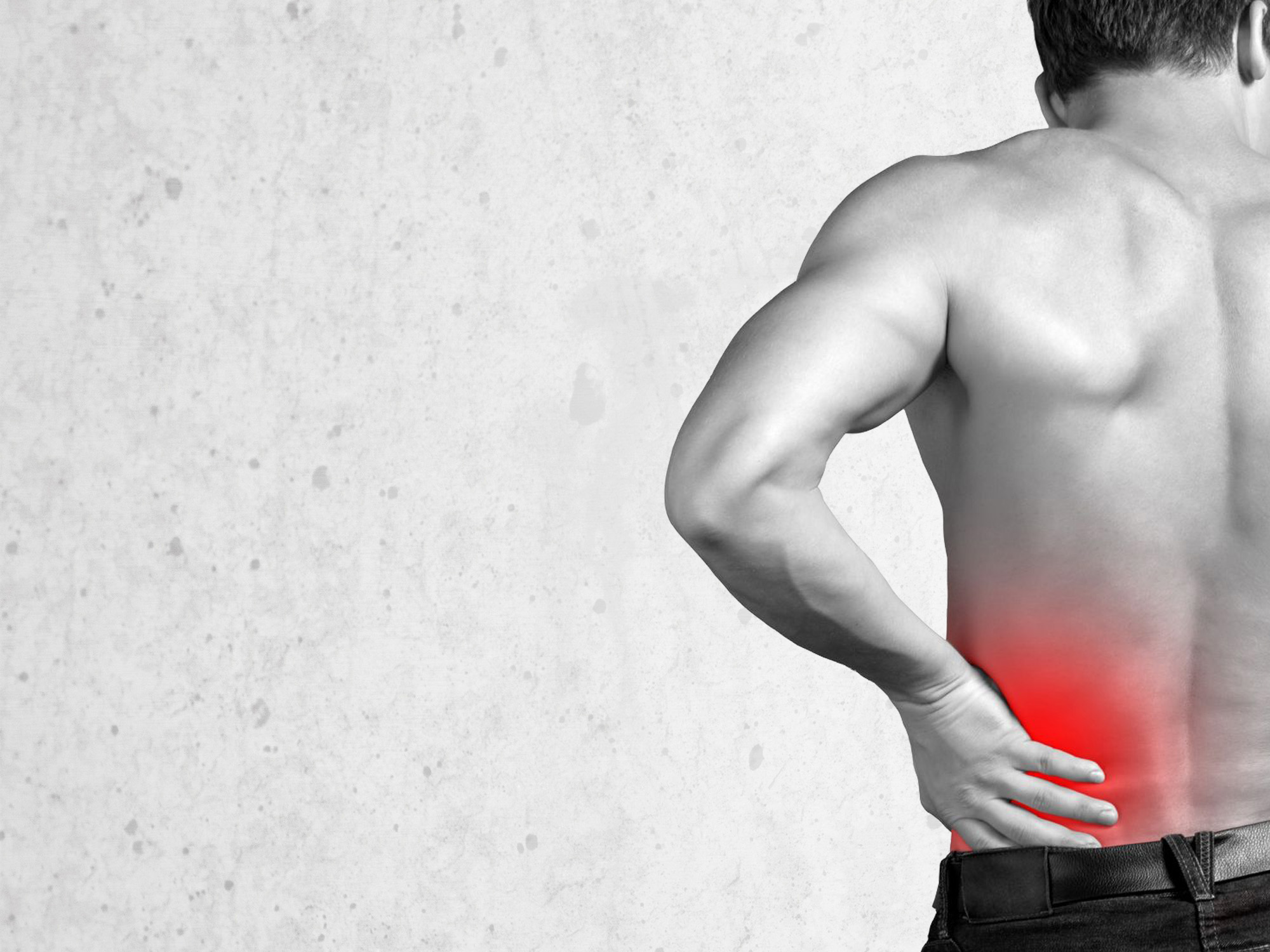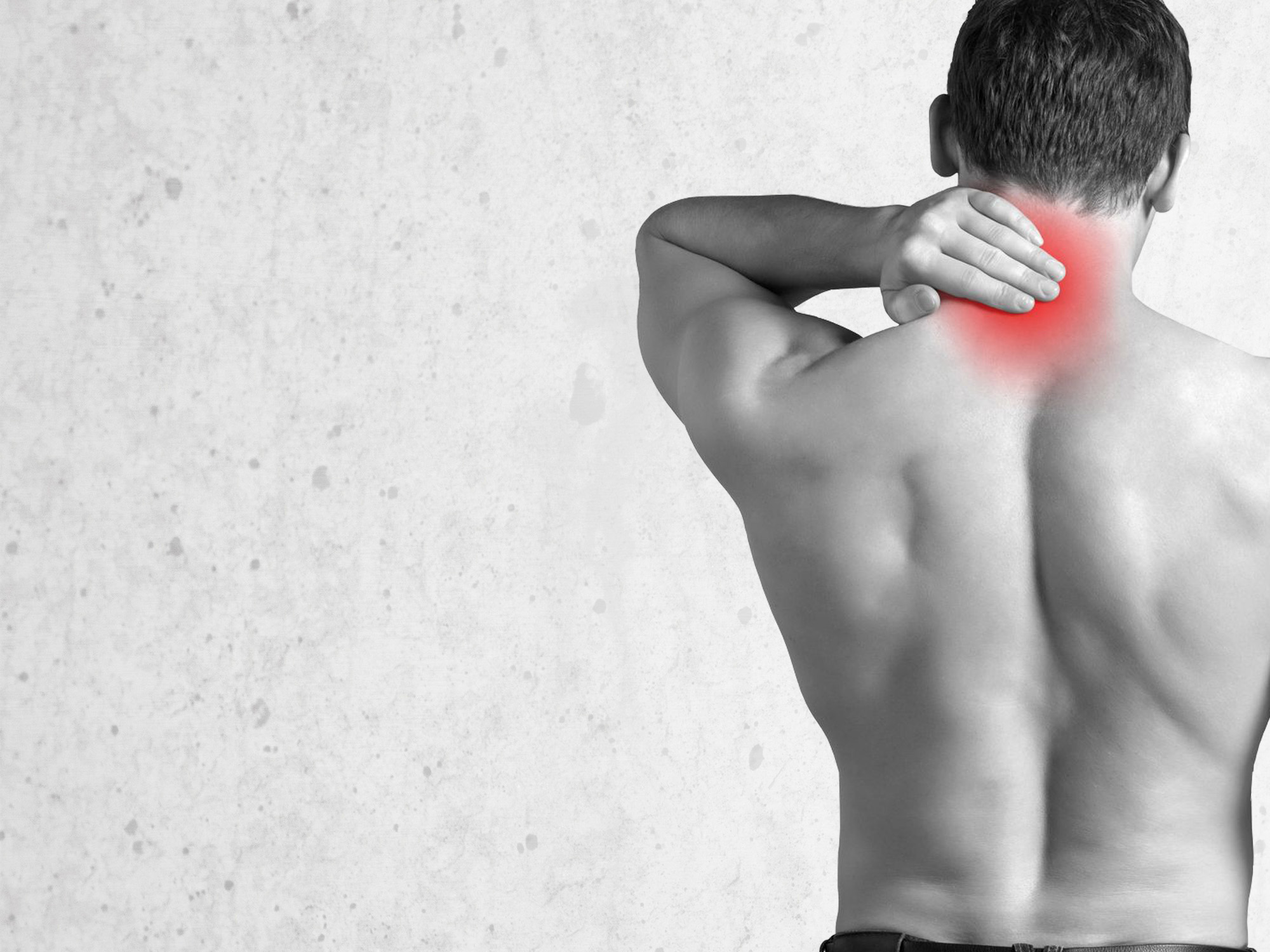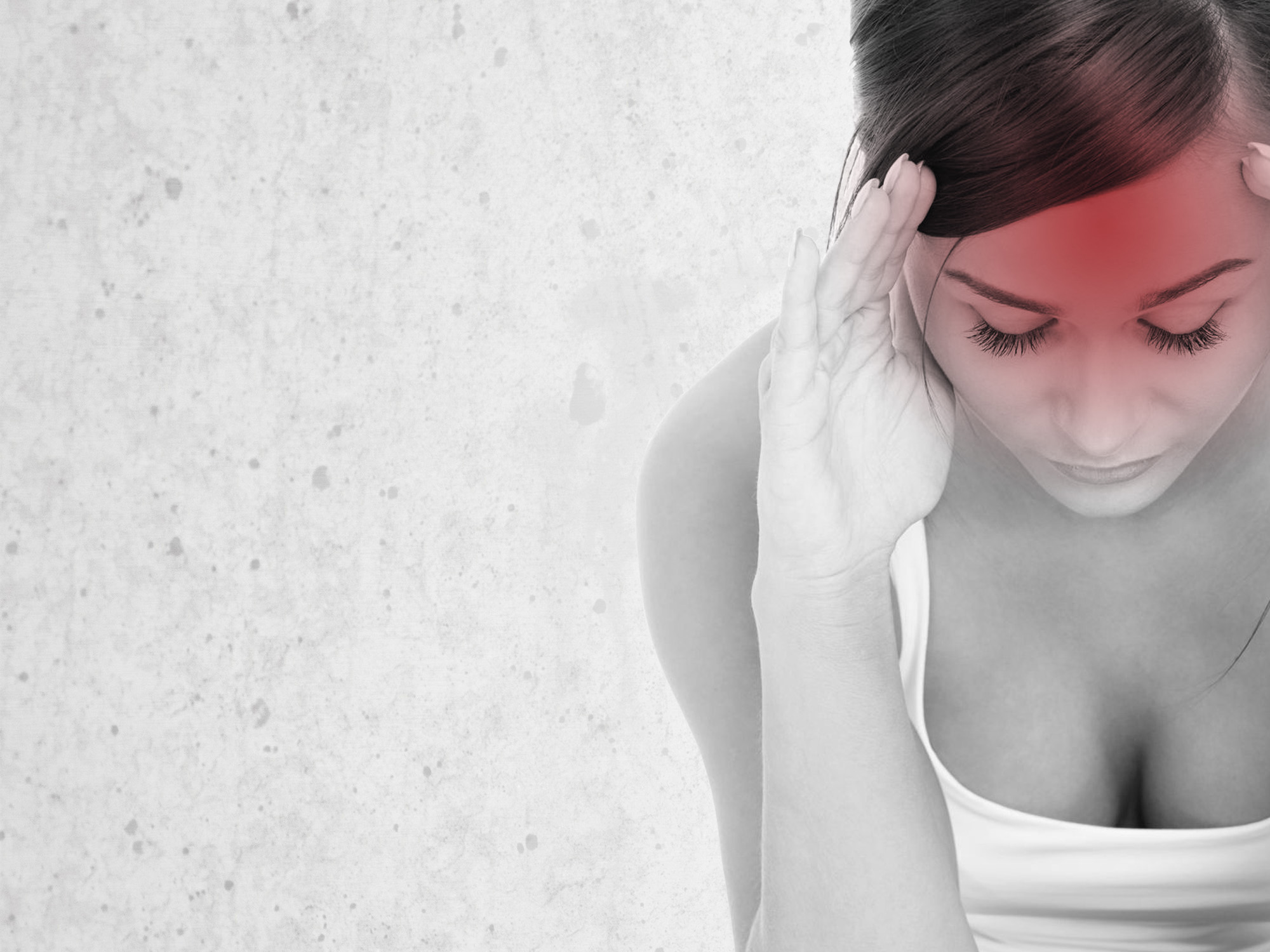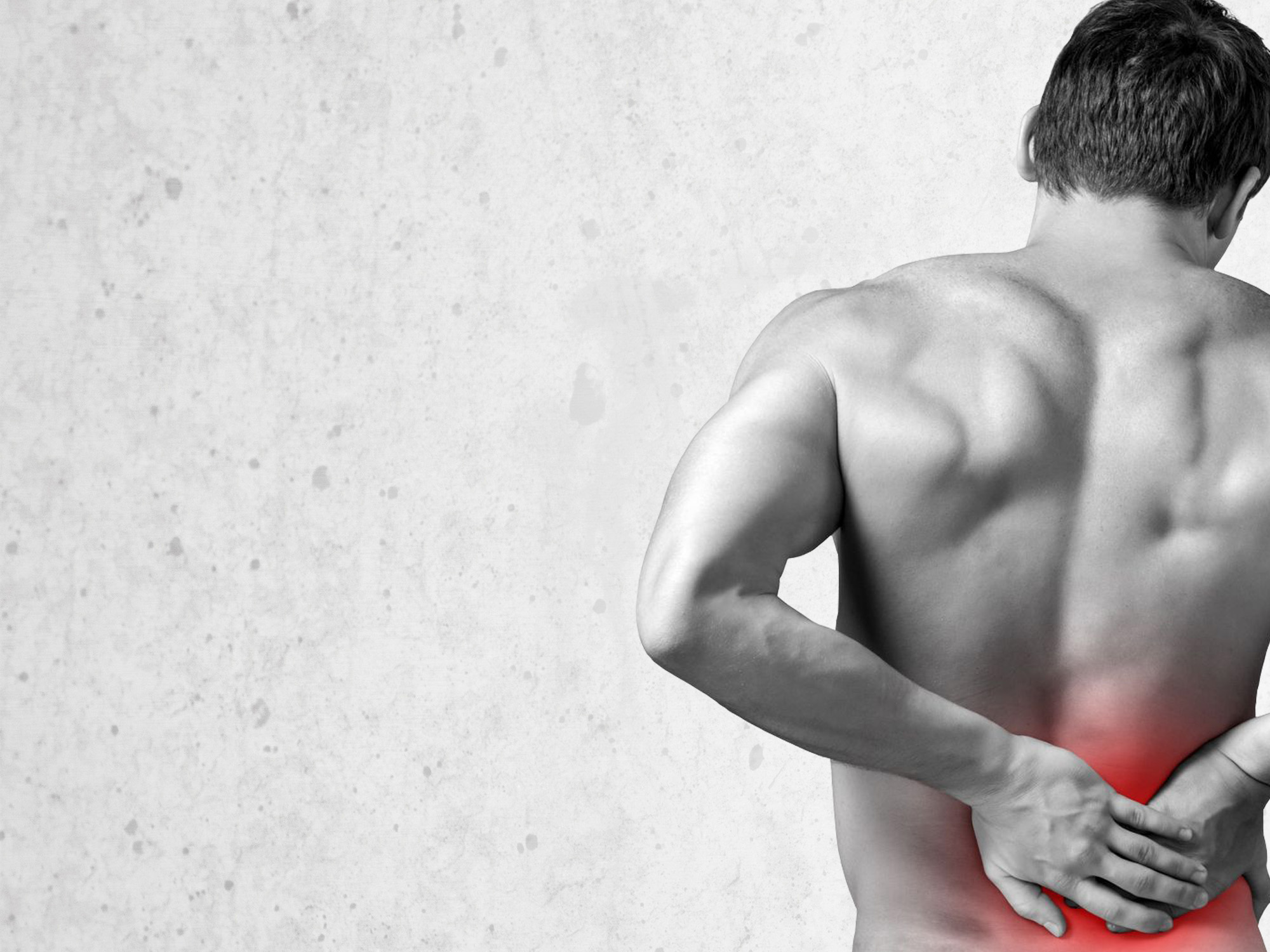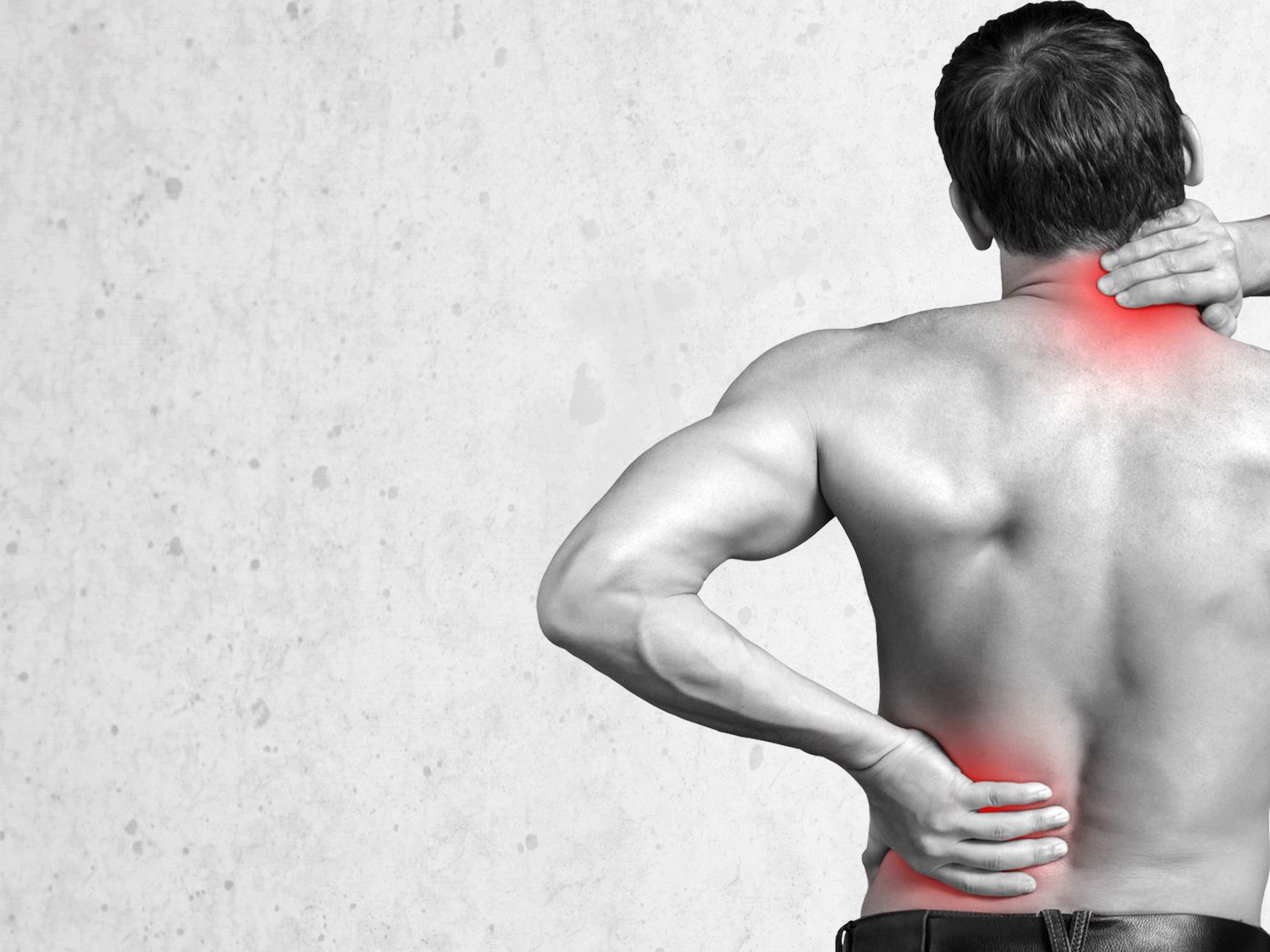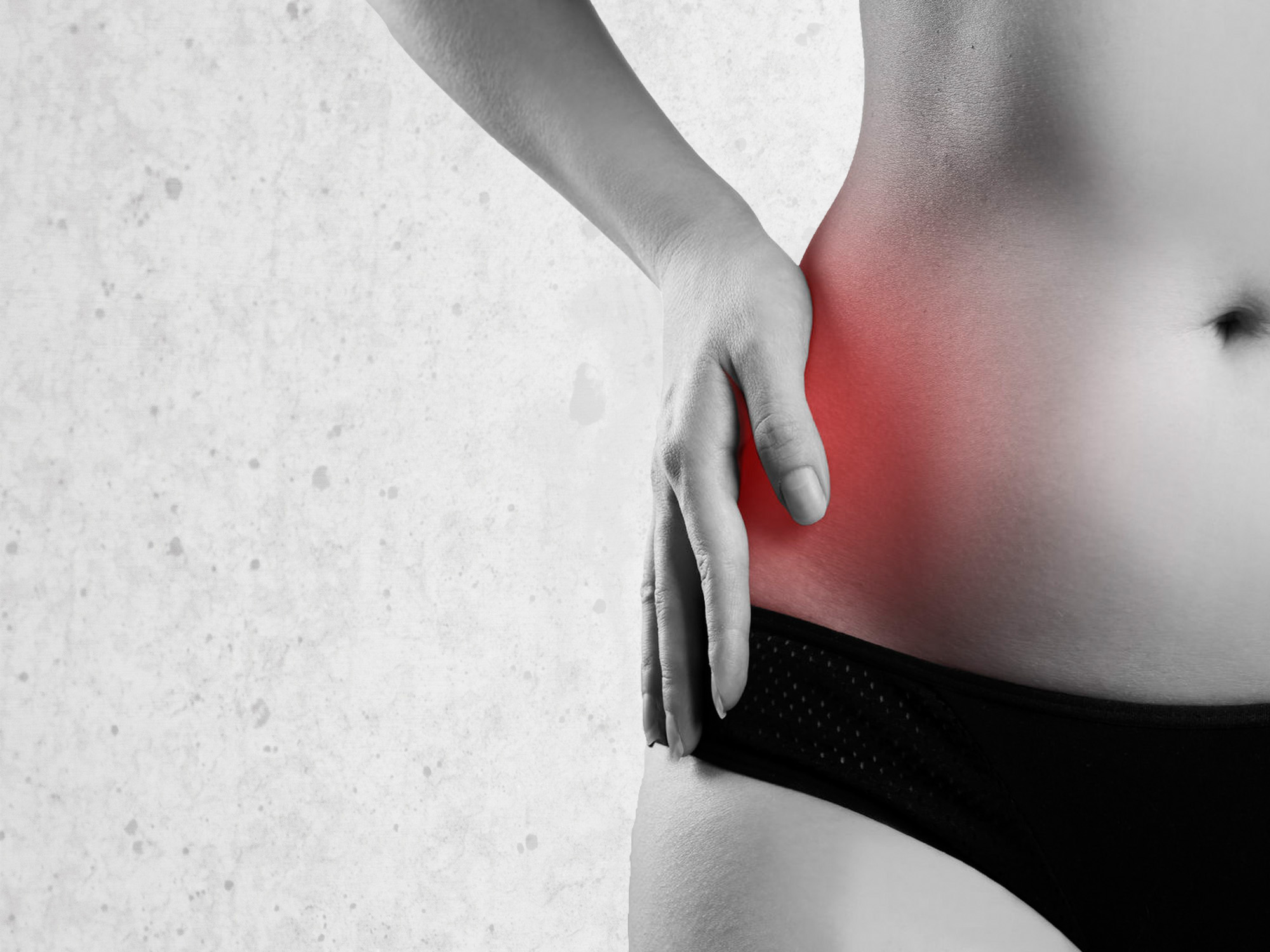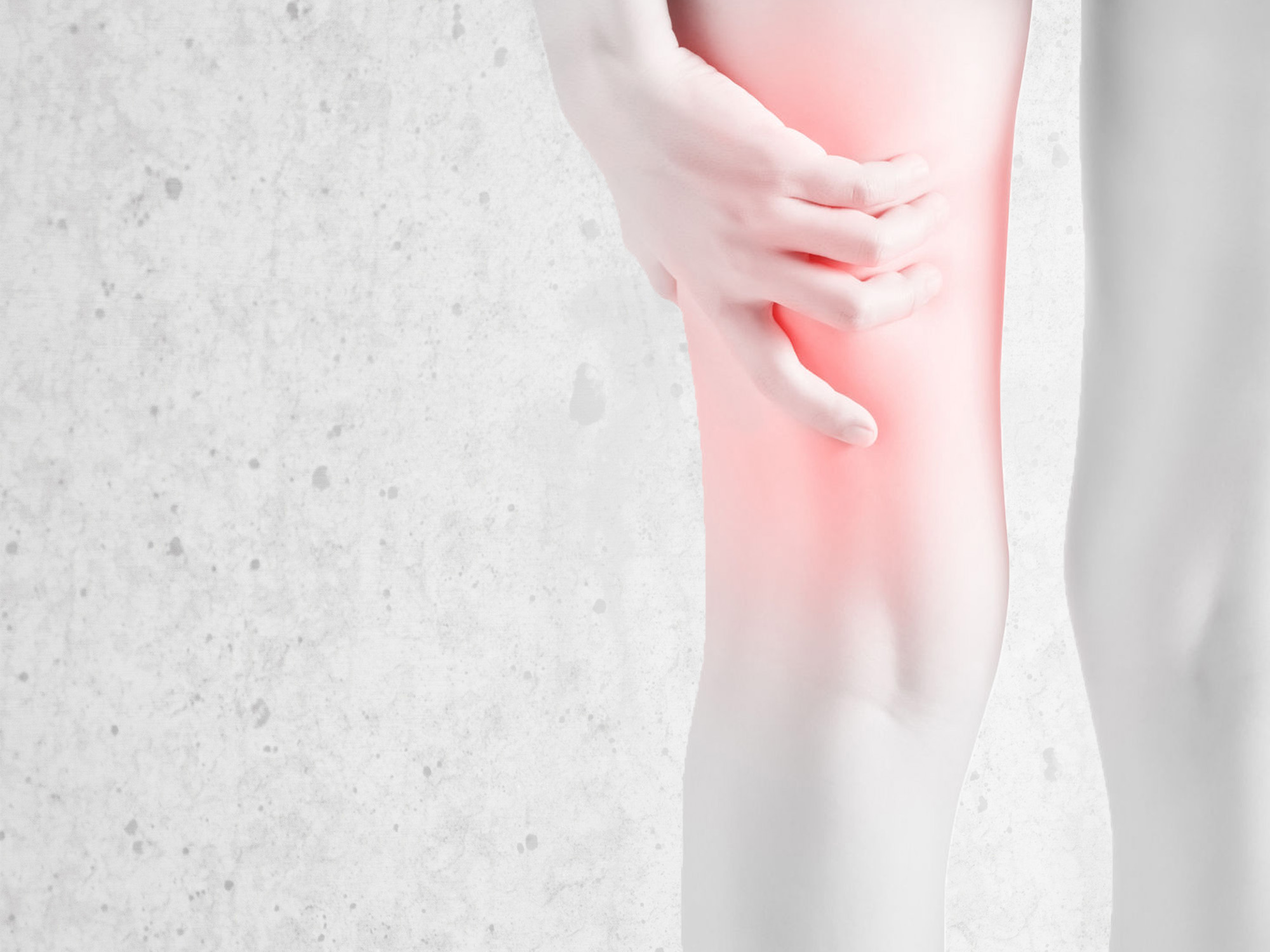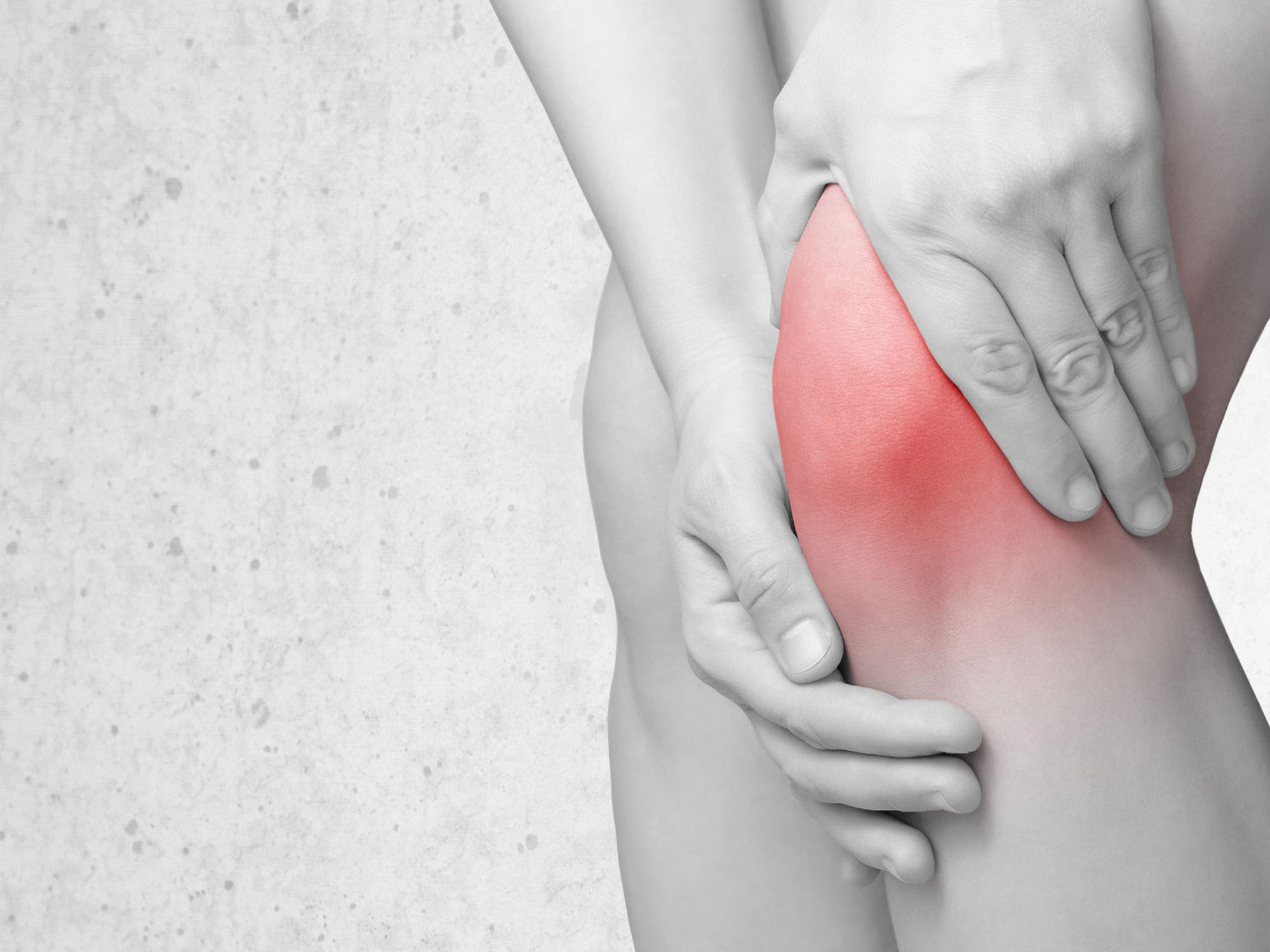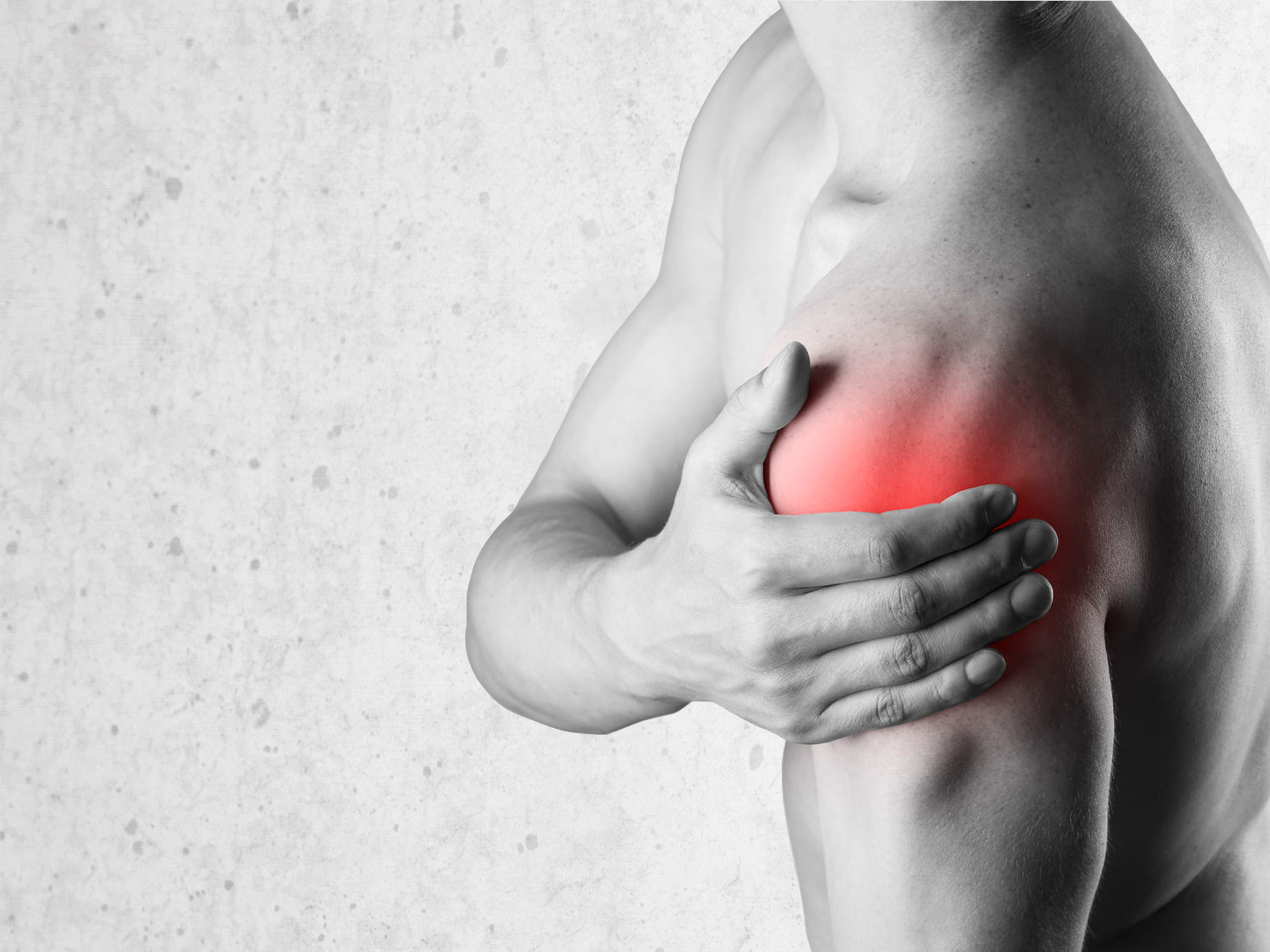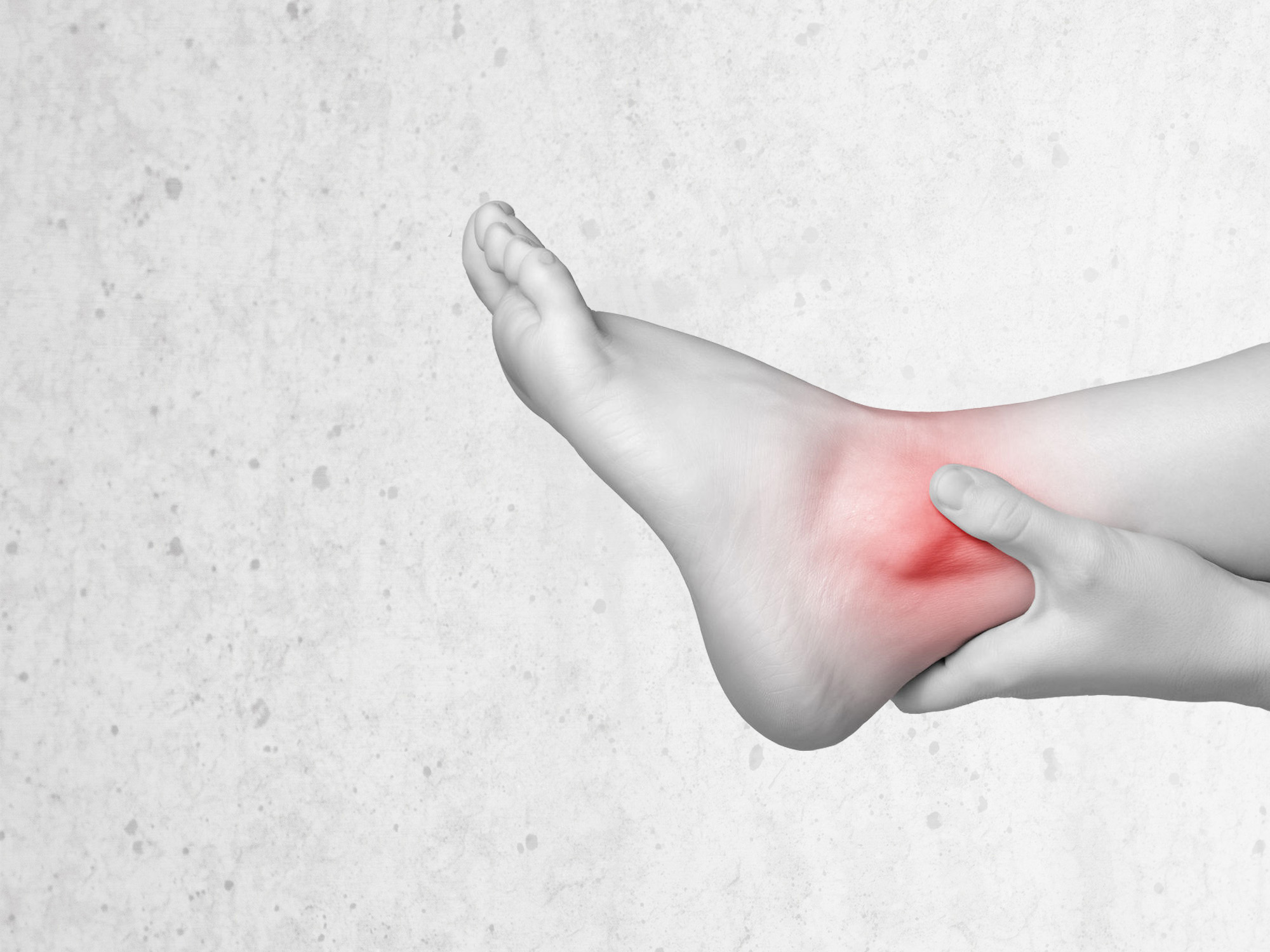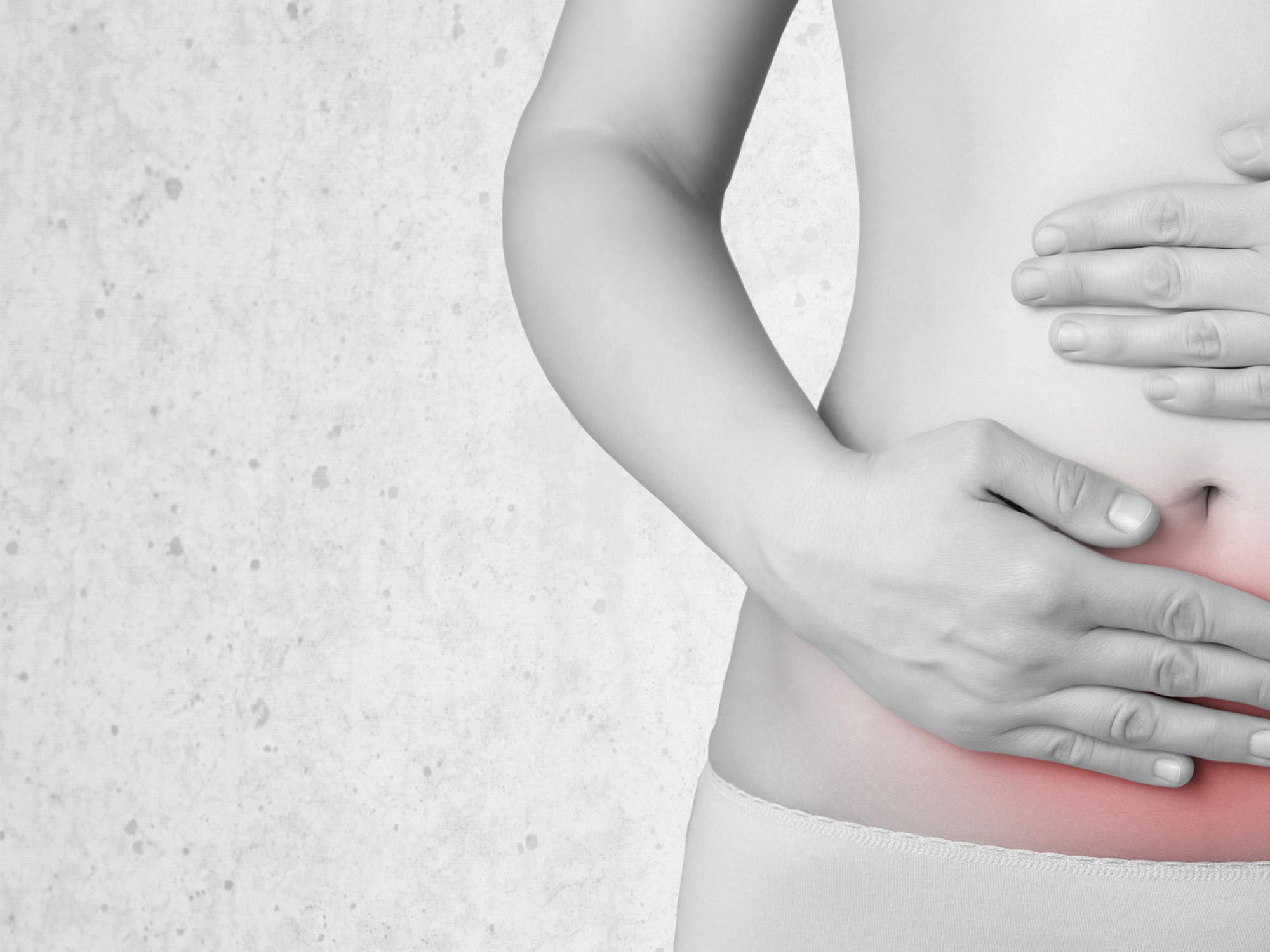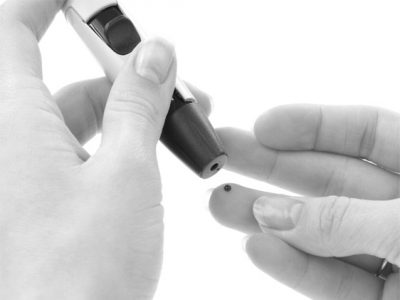Conditions we treat often
We offer quality care for a broad range of musculoskeletal, cardiovascular and metabolic conditions. Our multi-service approach means we’ll help you through every stage of injury recovery, from rehabilitation to return to sport.
Back Pain
Disc bulges or prolapse, arthritis, joint sprains, muscle strains or spasms, nerve entrapment or Sciatica
Back pain can present in many ways and it’ll be a little different for everyone but there are simple reliable strategies that can help you get on the road to recovery. Acute or chronic, with or without nerve involvement, we’ll help you put together a plan to get back on track.
Neck Pain
Degenerated or bulging discs, arthritis, Whiplash and trauma, postural strain associated with work, nerve entrapment or myelopathy
Neck pain can occur with obvious trauma like a whiplash injury, but it frequently occurs for what seems to be no reason at all. A thorough assessment to differentiate neck pain from head, shoulder or arm pathology ensures you get the right treatment and the best chance of resolution.
Headache and Migraine
Migraine with or without aura, cluster headaches, tension and cervicogenic or neck related headaches
Headaches and migraines triggered by neck stiffness or tension can be treated using a range of approaches including hands-on treatment, exercise prescription and ergonomic adjustments to your workplace. The first step is determining what type of headache you’re are suffering from, and what factors might be driving it; then we can help you put together a plan to treat them.
Spondylolisthesis
Degenerative, traumatic or congenital Spondylolisthesis, with or without neurological involvement
Spondylolisthesis occurs across the lifespan; in young adults it often results from physical stress on an immature spine, it may also result from trauma like a car accident, or as an age-related degenerative change. In any case, working with an allied health professional like our osteopaths or exercise physiologists can help you plan your recovery and keep you functional as you age.
Disc Bulge or Prolapse
Disc bulges, protrusions, extrusions or sequestrations; Acute or chronic, with or without neurological involvement.
Disc related back, neck, arm and leg pain are exceptionally common and contrary to popular belief, they are capable of healing and resolving well. There are some simple strategies for dealing with disc issues that yield good results, but the key is in comprehensive treatment planning to address both the musculoskeletal and neurological components of the problem. That’s one of our strengths.
Hip Pain
Osteoarthritis, labral tears, impingement syndromes, bursitis, tendon tears or tendinopathy
Normal function of the hip is complex, and pain occurs in people from all walks of life and at all levels of activity. Pain is also common with a range of age related and inflammatory conditions. Good recovery planning often hinges on a holistic approach that considers the role of the low back, pelvis, knees and feet in normal hip function.
Sciatica
‘Sciatica’ is sciatic nerve irritation or entrapment; it may relate to back, hip or thigh pathology
Sciatica can present as pain, numbness or weakness in the hip, buttock and leg. It can be any one of these symptoms or any combination. This is often preceded by low back or hip pain, but at some point, the leg pain becomes the main feature. Less commonly sciatica can relate to other, more serious pathology like inflammatory arthritis, tumours, diabetes and vitamin deficiencies. We’ll help you work out why you have sciatica and what to do about it.
Knee Pain
Osteoarthritis, ACL/PCL sprains or tears, meniscal sprains or tears, Distal hamstring tendinopathy or Chondromalacia patellae
Staying active and undertaking safe exercise during the early stages of knee injury provides better long-term outcomes and shorter-lived pain than manual therapy, bed rest or avoidance. So, an early visit to an allied health professional like our osteopaths or exercise physiologists can help to relieve acute pain, keep you functional and get you on a faster track to recovery.
Shoulder Pain
Joint sprains, Arthritis, Fractures and dislocations, Impingement syndromes, Rotator cuff tears or tendonitis or Subacromial bursitis
Shoulder pain is commonly associated with various work and sporting activities that are repetitive, involve overhead work or heavy loads. The complexity of shoulder mechanics means that often, one injury will lead to another, making shoulder injury difficult to overcome. The key to success is developing a comprehensive treatment plan that addresses pain, strength, mobility and coordination. We can help with this.
Ankle Pain
Acute or repetitive ankle sprains, impingement syndromes, Achilles tendonitis, Arthritis or Stress fracture
Ankle pain is common, but it is particularly common in those who participate in sports requiring repetitive running, jumping or sudden changes in direction. More than half of ankle sprains result in chronic pain or instability and that can put you at risk of injury elsewhere in the lower limb (think hip and knee), so managing ankle injuries well is important for long term health and fitness.
Pelvic Floor Dysfunction
Urinary stress incontinence, Pelvic organ prolapse, Pelvic pain and Pregnancy related dysfunction
A strong and responsive pelvic floor is critical in preventing and treating pelvic problems in both men and women. Many issues can lead to pelvic floor weakness including pregnancy and childbirth, hormonal changes related to aging, post-surgery and excessive straining with constipation or heavy lifting. Our osteopaths can coach you on pelvic floor activation and help you develop a program to regain control over your pelvic floor.
Diabetes
Type 1 diabetes mellitus, Type 2 diabetes mellitus, gestational diabetes, age-related diabetes
Diabetes is a chronic health condition where the body is unable to manage blood sugar levels. The different types of diabetes relate to different causes for this inability to manage sugars. Type 2 diabetes is by far, the most common type.
Exercise for diabetes may be effective enough to reduce medication reliance for diabetes and many associated conditions like hypertension or high cholesterol.
Kids Health & Developmental Difficulties
Cystic Fibrosis, Cerebral Palsy, Downs Syndrome, Autism Spectrum Disorder (ASD), Attention Deficit Hyperactivity Disorder (ADHD), Dyslexia and more
Some children are slower to meet developmental milestones or have difficulty keeping up with their peers. In addition to the challenges their conditions pose, these kids are also more likely to be less active which can contribute to other health issues like obesity, cardiovascular disease and insulin resistance.
Clinical exercise can help many of these kids achieve better health outcomes in both the short and long term.




